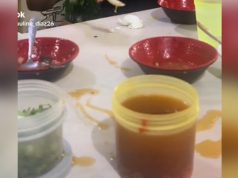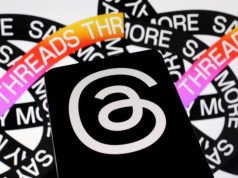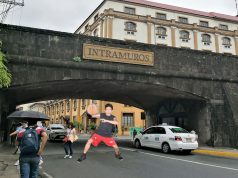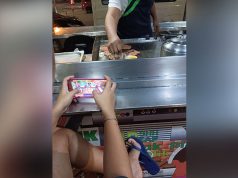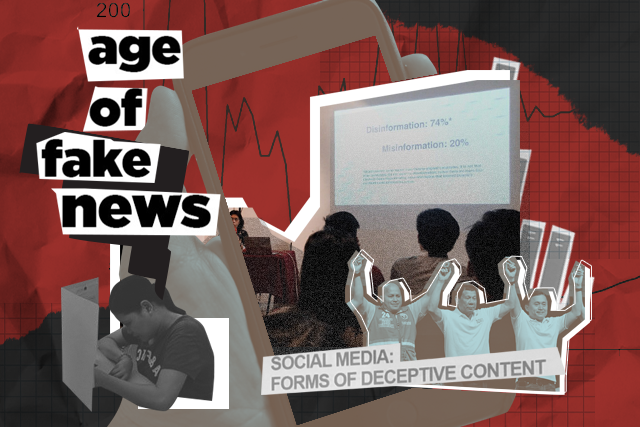
Disinformation on the campaign trail favored candidates allied with President Rodrigo Duterte, based on analysis of fact-checking efforts of Tsek.ph, the country’s first collaborative fact-checking network.
A total of 131 claims of either misinformation or disinformation were flagged, debunked and verified by fact-checkers of the project from February to June 2019. They also found that Facebook was the primary platform used in such campaigns.
Misinformation is defined as partial, incomplete, insufficient information while disinformation is intended to deceive the public.
“It’s not that other candidates did not resort to disinformation, rather, there are more fact-checked claims disseminating false information that favored Duterte’s candidates and attacked his critics,” said Ma. Diosa Labiste, member of the journalism faculty of the University of the Philippines that spearheaded Tsek.ph.
Labiste said at a press briefing on September 13 that senatorial candidates Lorenzo “Larry” Gadon and Glenn Chong disseminated the most erroneous assertions online.
The most targeted candidates of fake or dubious content, meanwhile, were candidates from the opposition Otso Diretso. Thirty five of the 131 claims were against the opposition’s senatorial slate.
Among the eight-member party, former senators Mar Roxas and Bam Aquino were the most frequent victims.
“The opposition Otso Diretso slate—notably Manuel “Mar” Roxas II and Paolo Benigno “Bam” Aquino IV who based on pre-election surveys had the biggest chances of winning —was the most targeted by mis- and disinformation in the midterms; no Otso Diretso member won their Senate bids,” the report Tsek.ph released read.
Hugpong ng Pagbabago, the coalition political party formed by presidential daughter Sara, was similarly targets of disinformation campaigns but in much fewer occasions. They were targets of three of the 131 claims.
Local candidates, meanwhile, were attacked eight times. The left-leaning Makabayan bloc was the subject of five claims, while independent senatorial candidates were maligned in four claims.
Tsek.ph acknowledged that while there’s no definite link between the fact-checked claims and the results of the midterm elections, there was a correlation between being targets of disinformation and losing the senatorial race.

“While hard to establish if election-related disinformation propelled certain candidates to victory and crushed the chances of others, the pattern that emerges from Tsek.ph data show those who were most targeted indeed lost their bids,” the report said.
There were also only three main sources of misinformation and disinformation:
- Social media – 71
- Candidate – 55
- Other public figures – 5
Of the 131 claims, moreover, 67 were disseminated on Facebook.
The Commission on Elections earlier reported that 30 of the 62 candidates running for senator had official Facebook pages.
Recommendations
The University of the Philippines’ journalism department worked with media organizations including Interaksyon, Philstar.com, ABS-CBN News and VERA Files, among others, as well as students and educators from the Ateneo de Manila University and the De La salle University contributed to the fact-checking efforts of Tsek.ph launched in February.
The initial goal was to offer a one-stop shop for fact-checks of statements and claims on the campaign trail of the midterm elections in May.
“It is an initiative of academe and media to counter disinformation and provide the public with verified information,” its website said.
Fact-checkers, however, found lapses or misses which they hoped to improve in the next elections. Fact-checking of complex or controversial allegations proved to be a challenge, and not all assertions from political contenders were contextualized, debunked or verified.
Tsek.ph also expects that political disinformation as part of the “election toolbox” will prevail in 2022 in the leadup to the presidential elections.





